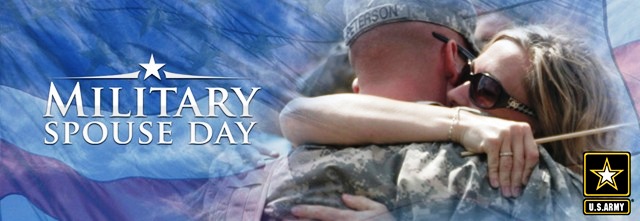I was with a friend who works for the Special Inspector General for Iraq Reconstruction. As we were talking he glanced at his Blackberry. Attack in Baghdad, International Zone hit, casualties, one American service member dead. His tone was blasé but I was already dialing the phone. No answer. I sent an e-mail: “R U OK?”
Videos By Rare
“If I’m wounded you’ll get a phone call,” my wife had said before she left for Iraq. “Otherwise they come in person.” Unexpected knocks at the door are most unwelcome. One has an unaccustomed sense of relief being greeted by kids selling magazine subscriptions.
The odds were against anything having happened to her. This is the safest war the U.S. has ever fought. Our troops are well armed and armored. The wounded receive advanced medical care, and it reaches them faster than ever. But someone still died in the attack. My wife had compared the situation to I-95; every day a driver gets on the freeway expecting to wind up somewhere and doesn’t make it. A breakdown, an accident, or worse.
There was a mortar attack on the IZ her first day in-country. Headlines noted that the Iraqi parliament was hit, but I had a more personal take on it — the shower next to hers was destroyed. Thankfully no one was hurt. The bad guys didn’t target the shower specifically; it was just an arbitrary shot. The mortar attacks are indiscriminate, and sudden. An alert, a whooshing sound, a blast — that’s when you know it didn’t land on you. As in all wars, death can be profoundly random. A wrong move, a slip, or just being in the wrong place and it’s all over. Some deaths are meaningless even in a good cause.
Most of the time I don’t think about these things. I’m too busy holding down the home front. Running the house, working my new job, taking care of the kids, writing; if you thought your life was orderly before, try being a single parent. Schedules make you, not vice-versa. Waking, dressing, commuting, working, meal times, bath time, diaper changes, computer camp, play dates, soccer practice, the busy weekly routine. Everyone is determined to make it work, that helps. Our au pair is caring, competent, and dedicated, a true member of the family. I’m getting to know my stepson better. And I would never otherwise have had such an opportunity to bond so closely with our infant daughter.
Friends and family pitch in too; a ride, some babysitting, simple encouragement, small things that take some of the pressure off. Knowing the good will is there helps. You get different reactions from people — sympathy, amazement, support, reflected pride. For those in the service culture the understanding is implicit. When most of your friends and acquaintances either are overseas, about to go, or just got back, you don’t have to explain much. Last week I was at a book signing at Gettysburg and an Army wife stopped by. She was buying a copy of Last in Their Class for her husband, a 2003 West Point graduate who was on his second tour in Iraq. “How many months down range?” I asked. “Eight. How about you?” “Almost two.” She smiled knowingly. “Gut it through.” Good advice from a seasoned veteran.
It’s easy to stay in touch, that’s another change from past wars. When my Uncle Bruce went to World War Two, my Aunt Jeanette did not see him or hear his voice for the duration. There were no phone calls, no e-mail, no web video chats. Occasionally Jeanette would get a letter from “Somewhere in England,” heavily censored. And they did not know in advance how long he would be away, he was just gone until the war ended or something bad happened to him. When Bruce came back, four years later, he was deathly ill from a disease he had picked up on the troop ship, and had to spend a few more months convalescing before he could enjoy a proper homecoming.
Now contact is so frequent as to be routine. There is time enough for daily updates, discussing the vicissitudes of our respective jobs, what we had for dinner, the raccoon on the patio. “I miss my baby.” “I’m tired of people trying to kill me.” “Why don’t they pick up their trash around here?”
This could be much more challenging, so I count my blessings. We could be trying to get by on a single enlisted paycheck instead of officer’s pay plus a professor’s salary. We could be living on post in Army housing instead of in a D.C. townhouse. She could be on daily patrols through bad neighborhoods in 115-degree heat instead of working in an air conditioned former palace. Some friends of ours are a dual-service couple with four kids, and both parents deployed at the same time. Their equanimity in the face of that trial was inspiring.
My wife called a few hours after the attack on the IZ, also a bit blasé.
“I’m OK.”
“I heard there was an attack.”
“Oh yes, there were two,” she said. “We were ducking and covering. It’s actually quite a social event. It’s like getting the family together, when we all leave our offices. It’s not bad.”
“That’s a relief. Hey, I have to go to class.”
“O.K. bye.”
“Bye.”
James S. Robbins is Deputy Editor of Rare

